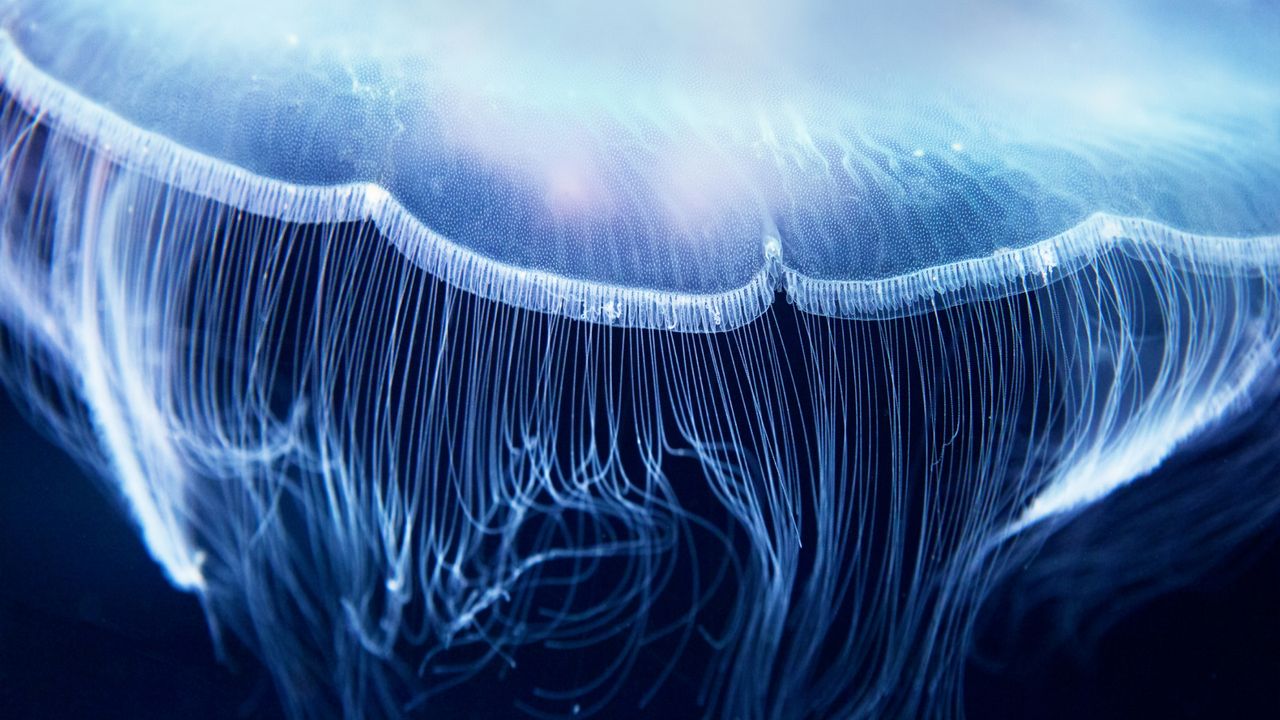Scientific breakthrough leads to 'fluorescent biological qubit' — it could mean turning your cells into quantum sensors
PositiveScience

A recent scientific breakthrough has transformed fluorescent proteins into qubits within cells, opening up exciting possibilities for understanding biology at the nanoscale. This innovation could revolutionize how we study cellular processes and develop new technologies, potentially allowing us to turn our own cells into quantum sensors. Such advancements not only enhance our knowledge of biological systems but also pave the way for future applications in medicine and technology.
— via World Pulse Now AI Editorial System